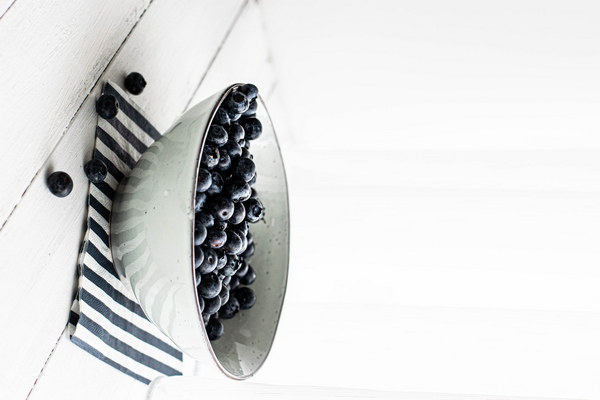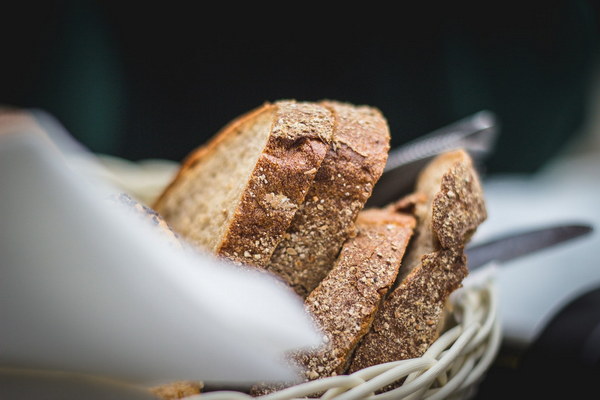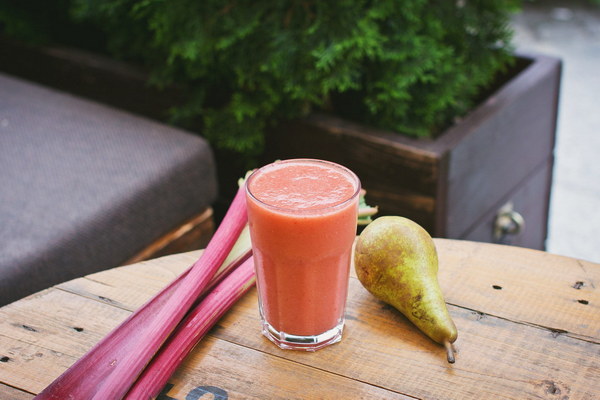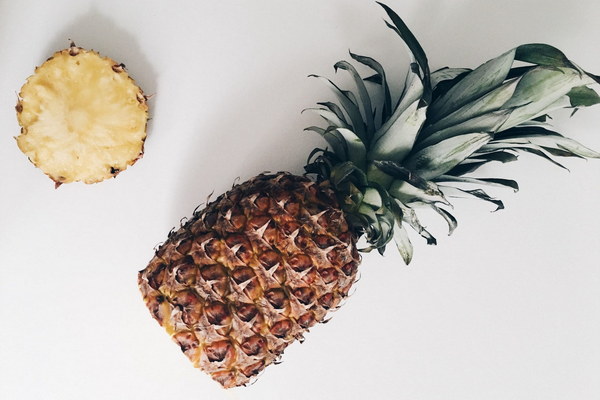Revitalize Your Health with the Traditional Chinese Remedy Wu Shi Qi Soup and Tangerine Peel
In the realm of traditional Chinese medicine, the combination of Wu Shi Qi Soup and Tangerine Peel has long been revered for its remarkable health benefits. This ancient formula, designed to expel dampness and invigorate the body, has been passed down through generations, offering relief to those suffering from various ailments. In this article, we will explore the origins, ingredients, and potential benefits of this timeless remedy.
Origins of Wu Shi Qi Soup and Tangerine Peel
Wu Shi Qi Soup, also known as the Dampness-Expelling Soup, is a classic herbal formula in traditional Chinese medicine. It dates back to the Han Dynasty (206 BC – 220 AD) and was first documented in the Compendium of Materia Medica by Tao Hongjing. The formula aims to eliminate dampness, a fundamental concept in Chinese medicine that refers to an excess of fluid in the body, leading to various health issues.
One of the key ingredients in Wu Shi Qi Soup is Tangerine Peel, also known as Chen Pi in Chinese. This natural ingredient has been used for centuries in Chinese medicine for its numerous health benefits. Tangerine Peel is derived from the outer rind of the tangerine fruit and is known for its aromatic, warming properties.
Ingredients of Wu Shi Qi Soup and Tangerine Peel

The primary ingredients of Wu Shi Qi Soup include:
1. Tangerine Peel (Chen Pi): As mentioned earlier, Tangerine Peel is the backbone of this formula, known for its dampness-expecting and invigorating properties.
2. Cinnamon (Guizhi): This aromatic spice is used to warm the body and enhance blood circulation.
3. Licorice Root (Gan Cao): Known for its sweet, soothing properties, Licorice Root helps balance the formula and mitigate the potential side effects of other herbs.
4. Atractylodes (Cang Zhu): This herb is often used to expel dampness and improve digestion.
5. Alisma (Ze Xie): Alisma is another herb used to eliminate dampness and support kidney function.
Together, these ingredients work harmoniously to expel dampness, improve digestion, and enhance overall health.
Benefits of Wu Shi Qi Soup and Tangerine Peel
The combination of Wu Shi Qi Soup and Tangerine Peel offers a multitude of health benefits, including:
1. Dampness Elimination: The primary function of this formula is to expel dampness from the body, thereby alleviating symptoms such as fatigue, weight gain, and water retention.
2. Improved Digestion: Tangerine Peel and other herbs in Wu Shi Qi Soup work together to improve digestion and reduce bloating.
3. Enhanced Immune System: The formula's ability to expel dampness also strengthens the immune system, making it more resilient against infections.
4. Improved Sleep: By addressing dampness in the body, Wu Shi Qi Soup can help improve sleep quality and alleviate insomnia.
5. Weight Management: The formula's dampness-expecting properties can assist with weight management by reducing fluid retention and promoting healthy digestion.
How to Prepare Wu Shi Qi Soup with Tangerine Peel
To prepare Wu Shi Qi Soup with Tangerine Peel, follow these simple steps:
1. Gather the necessary ingredients: Tangerine Peel, Cinnamon, Licorice Root, Atractylodes, and Alisma.
2. Clean the Tangerine Peel and slice it into thin strips.
3. Place all the ingredients in a pot and add water.
4. Bring the water to a boil, then reduce the heat and simmer for about 30 minutes.
5. Strain the mixture and drink the soup while it's still warm.
Conclusion
Wu Shi Qi Soup with Tangerine Peel is a traditional Chinese remedy that has stood the test of time. By addressing dampness in the body, this formula offers a wide range of health benefits, including improved digestion, enhanced immunity, and better sleep. If you are interested in exploring the potential benefits of this ancient formula, consider incorporating it into your wellness routine.









